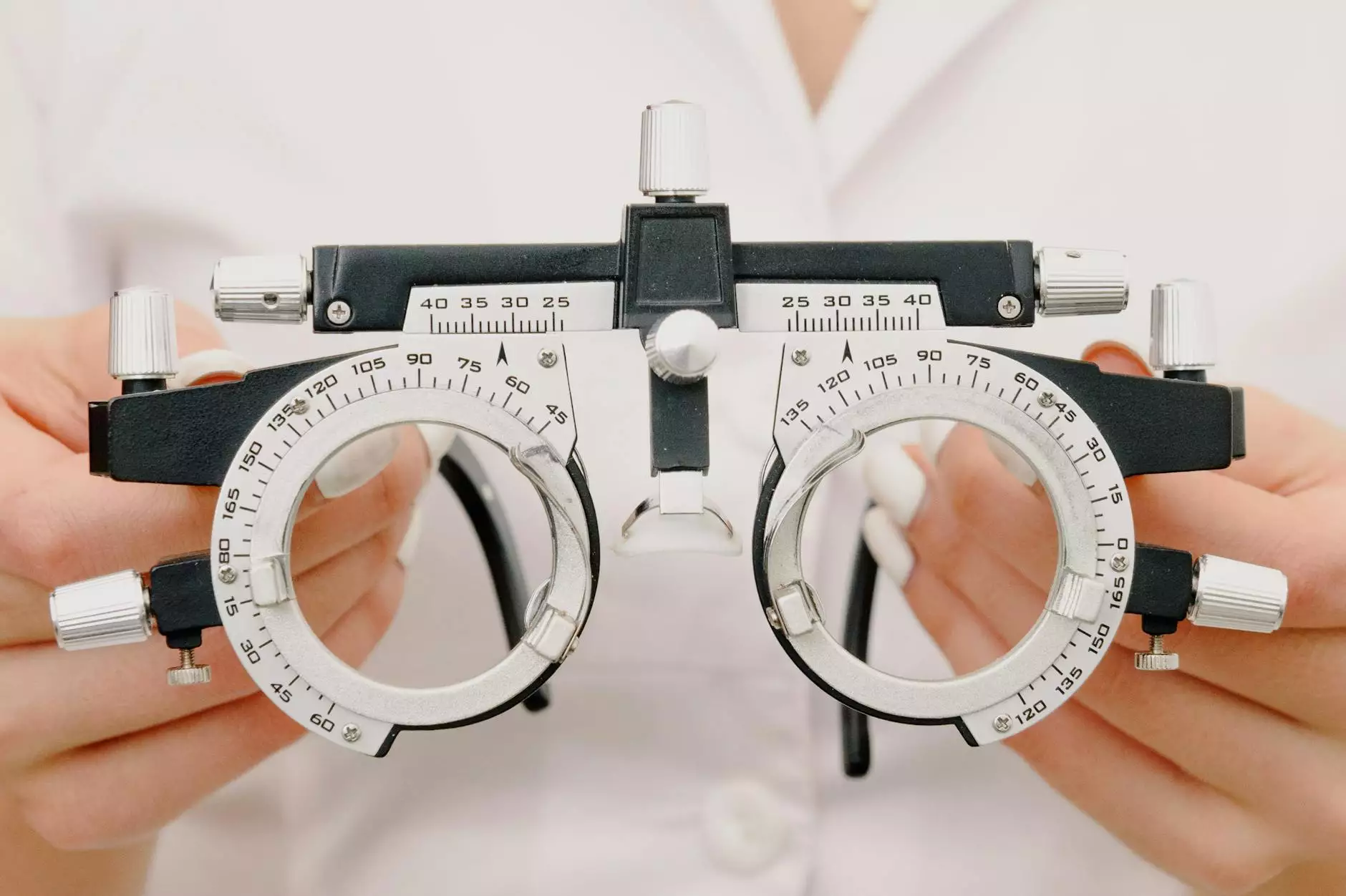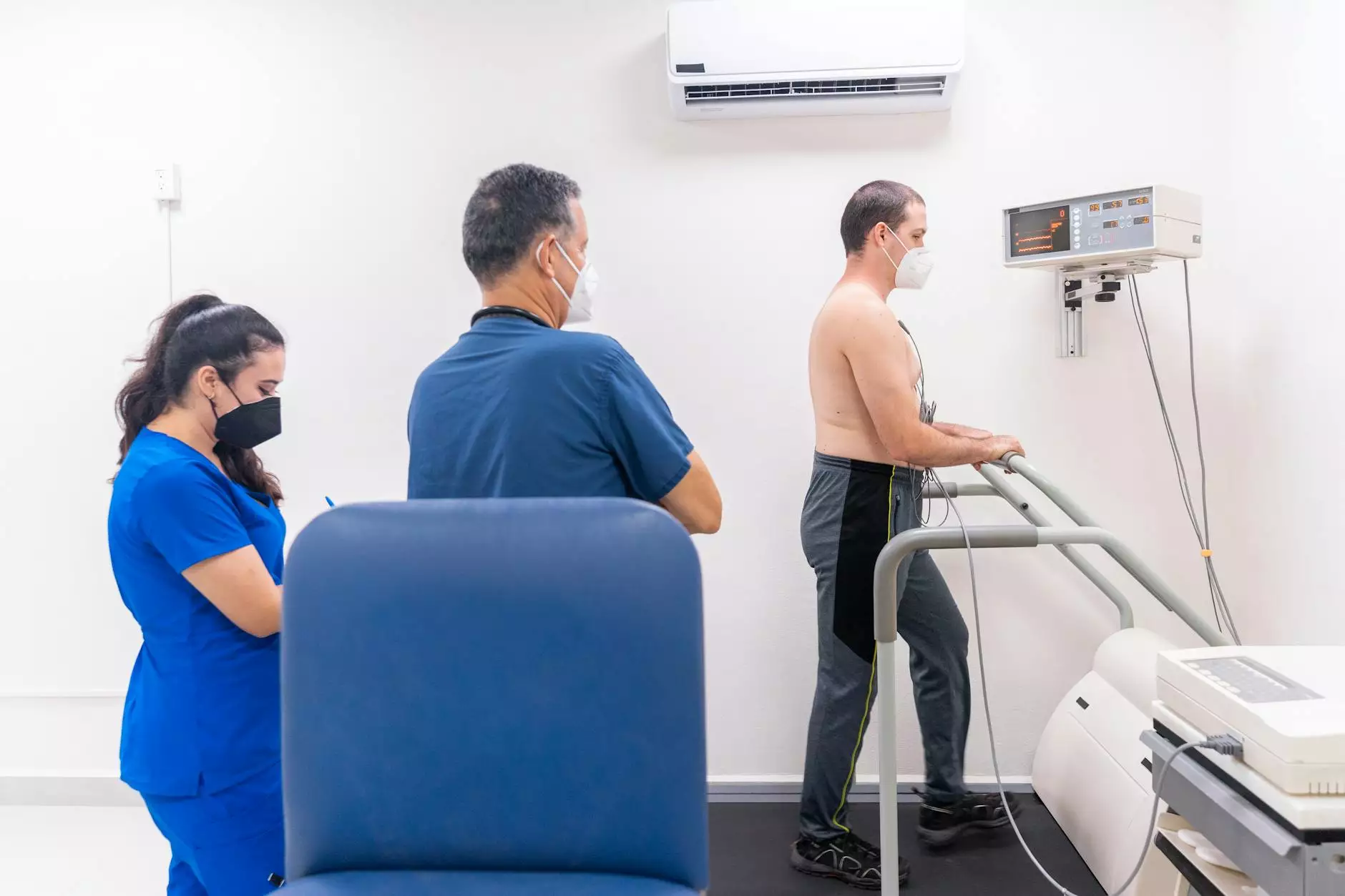Could Your Diet Be Causing Leg Cramps?

Welcome to our comprehensive guide on leg cramps and their potential connection to your diet. At Bay Regional Medical Center, we understand the discomfort and inconvenience that leg cramps can cause and aim to provide you with valuable insights and solutions to help alleviate this condition.
Understanding Leg Cramps
Leg cramps, characterized by sudden and painful muscle contractions, are a common problem affecting individuals of all ages. These cramps often occur in the calf muscles but can also affect the thighs and feet. While leg cramps can be caused by a variety of factors, including dehydration, overexertion, and certain medications, it is important not to overlook the potential role of diet in triggering or exacerbating these cramps.
The Link Between Diet and Leg Cramps
Research suggests that dietary imbalances and nutritional deficiencies can contribute to the occurrence of leg cramps. Understanding the impact of certain dietary factors can help you make informed choices to better manage and prevent leg cramps.
1. Electrolyte Imbalances
Electrolytes, such as potassium, magnesium, and calcium, play a crucial role in muscle function and contraction. Insufficient levels of these electrolytes can lead to muscle cramps, including leg cramps. Incorporating foods rich in these electrolytes can help maintain the balance necessary for proper muscle function.
2. Dehydration
Proper hydration is vital for overall health and muscle function. Dehydration can disrupt the balance of electrolytes in the body and increase the likelihood of leg cramps. By ensuring you drink an adequate amount of water daily, you can reduce the risk of experiencing cramps.
3. Vitamin Deficiencies
Vitamins, such as vitamin D, B-complex vitamins, and vitamin E, play a role in maintaining muscle health. Deficiencies in these vitamins may contribute to muscle cramping and should be addressed through a balanced diet or appropriate supplementation.
4. Sodium Intake
While consuming an excessive amount of sodium can have negative effects on overall health, inadequate sodium intake can also be problematic. Sodium is important for maintaining proper muscle function, including reducing the risk of leg cramps. Maintaining a balanced sodium intake is crucial.
Dietary Recommendations to Alleviate Leg Cramps
Based on the potential link between diet and leg cramps, Bay Regional Medical Center recommends the following dietary changes to help alleviate and prevent leg cramps:
1. Increase Electrolyte-rich Foods
Incorporate foods such as bananas, leafy green vegetables, nuts, seeds, yogurt, and avocados into your diet. These foods are excellent sources of potassium, magnesium, and calcium, which can support muscle health and reduce the likelihood of leg cramps.
2. Stay Hydrated
Ensure you drink enough water throughout the day to maintain proper hydration levels. A general guideline is to consume at least 8 cups (64 ounces) of water daily, but individual needs may vary.
3. Balanced Vitamin Intake
Include foods rich in vitamins D, B-complex, and E in your diet. Sources include fortified dairy products, fatty fish, whole grains, legumes, nuts, and seeds. If necessary, consult with a healthcare professional about appropriate supplementation.
4. Optimize Sodium Levels
Maintain a moderate intake of sodium by monitoring the amount of salt you add to your meals and being mindful of processed foods high in sodium content. Ensure you strike a balance to support proper muscle function without excessive sodium consumption.
Conclusion
By understanding the potential impact of diet on leg cramps, you can make informed decisions to alleviate and prevent this uncomfortable condition. Remember to consult with healthcare professionals if you experience severe or persistent leg cramps to identify any underlying medical causes and develop a holistic treatment plan.










